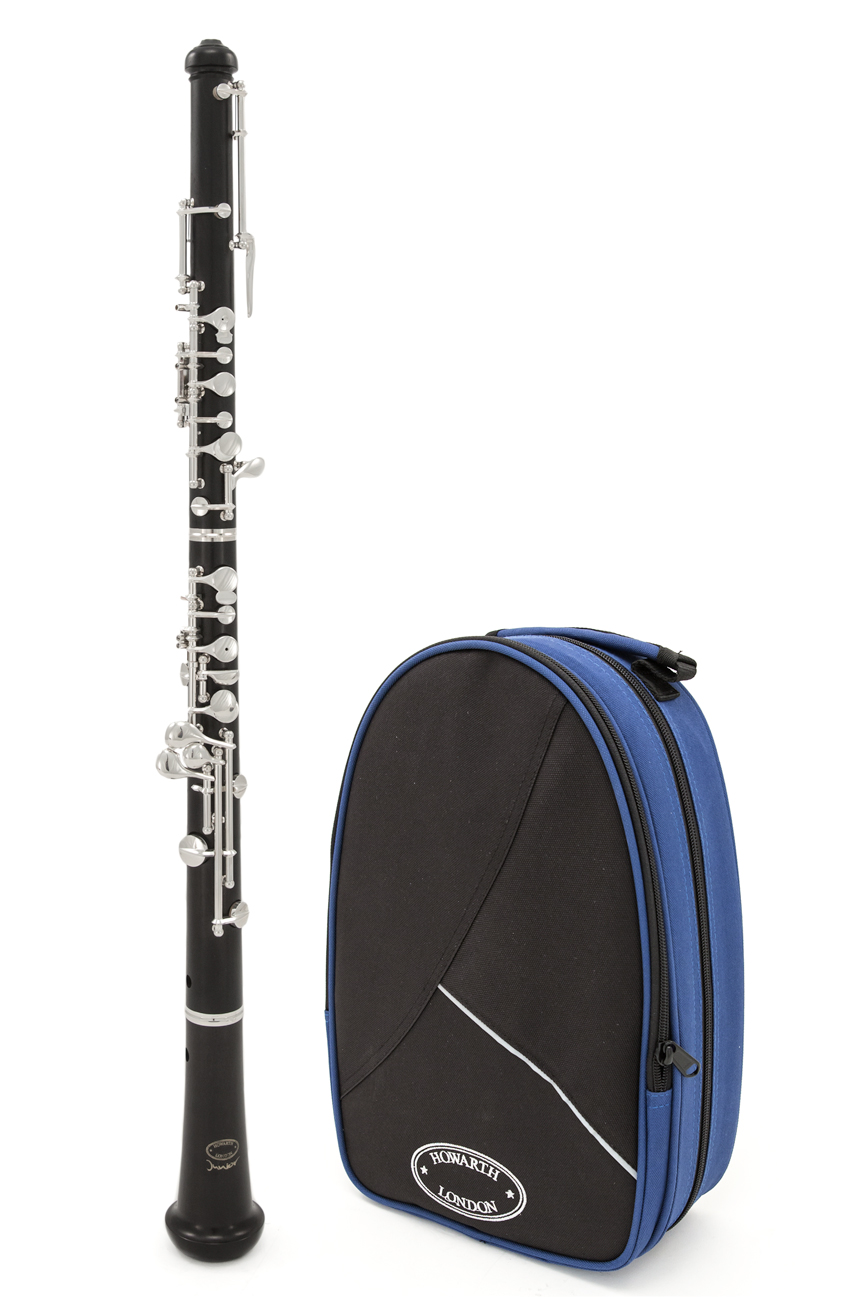From the Workshop: Preparing a Secondhand Howarth S40C Oboe
22nd January 2026Written for the British Double Reed Society
The Shop at Dawkes has a constant stream of customers bringing in instruments for potential part exchange or commission sale. This means the workshop has an interesting, ever-changing pool of high-quality second-hand instruments to service and prepare lovingly for sale. Assessing instruments deeply and thoroughly to identify any potential pitfalls, underlying damage, previous questionable repairs or wear and tear is so important to ensure that we can confidently enhance the new owner’s experience, then offer longevity through our warranty support.
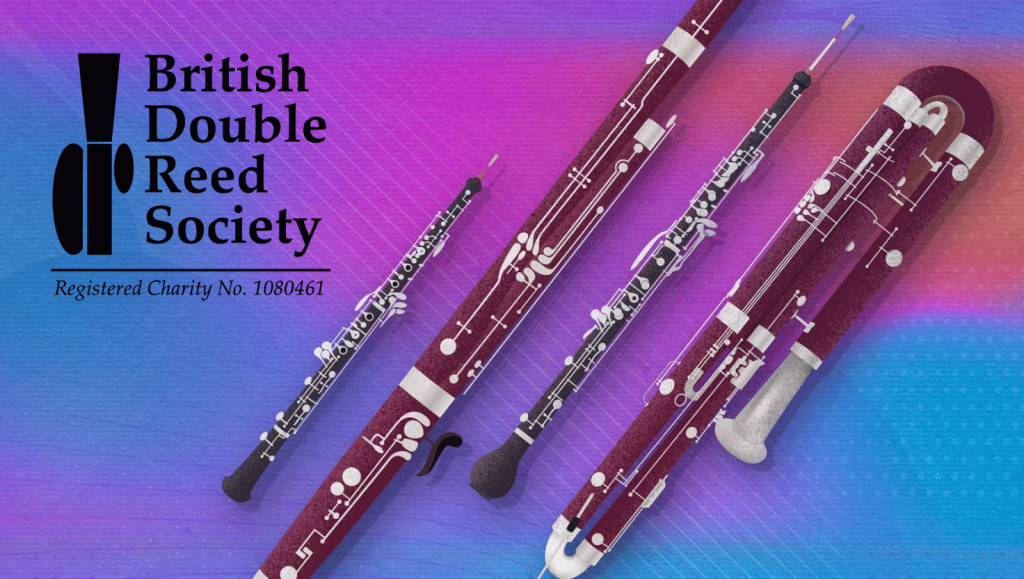
The Ultimate Gift Guide for Double Reed Players
27th November 2025Buying gifts for double reed players can be… an experience. Between reeds, tools, cases, and instruments that cost as much as a small car, it’s easy to feel lost. Whether you’re after a practical stocking filler or a show-stopping upgrade, this guide has something for oboists and bassoonists alike.
Technician Tales: Common Double Reed Faults and How to Avoid Them
25th September 2025Every double reed player knows the love-hate relationship with our instruments. As much as we adore them, they can be fragile, fussy, and expensive to repair if mishandled. We spoke to Head Technician, Abi Taylor for some of the most common double reed faults our technicians see and how to avoid them.
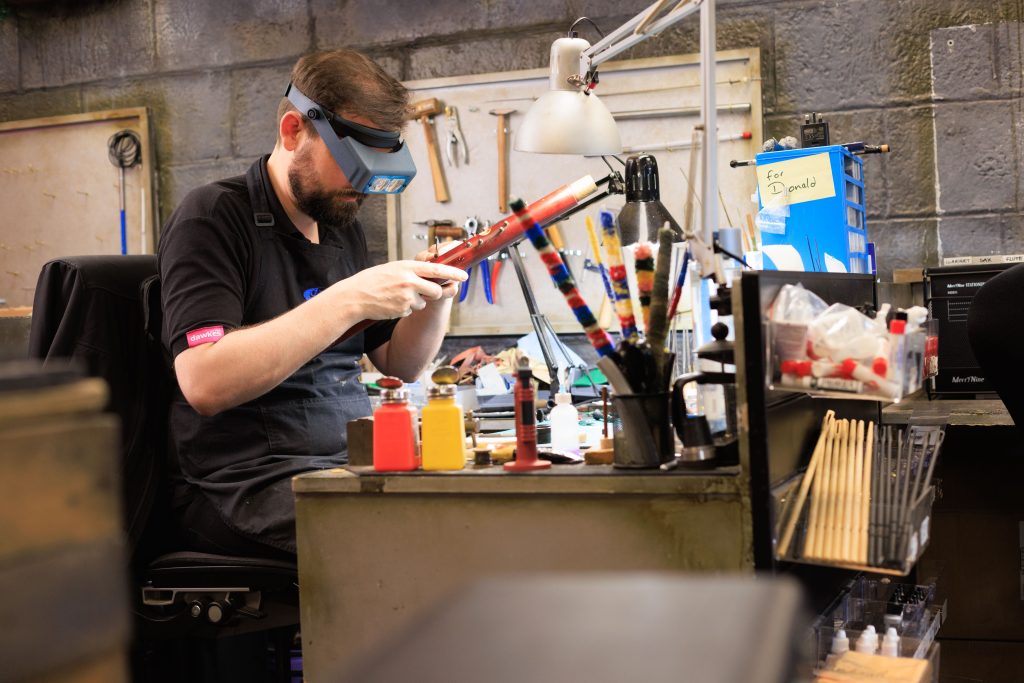
Back to School: Picking Up Your Woodwind Instrument After a Break
28th August 2025As the new school year begins, the music bags are being dusted off and practice routines are starting up again. Whether you’re a student returning back to school or an adult player getting back into the swing after some time away, picking up your Woodwind instrument after a break can seem a challenge, but easing yourself (and your instrument!) back in carefully makes all the difference.
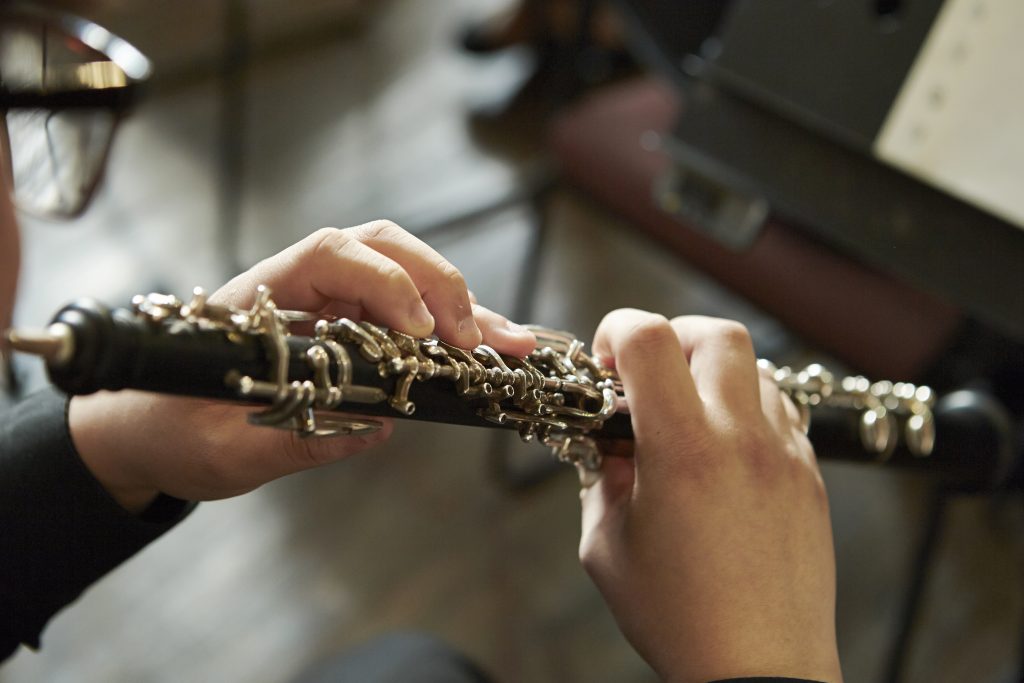
A View from the Bench
29th July 2025By Abi Taylor, Head Technician
In collaboration with the British Double Reed Society, their Spring 2025 edition for ‘Double Reed News’ features Abi Taylor, our Head Technician, who offers a personal look into life at the repair bench. “A View From the Bench” shares insights into the craft that keeps our instruments – and performances – in top form.

Finding Your Musical Voice
16th July 2025Five Steps to Make Your Playing Truly Yours
In the world of instrumental playing, it’s easy to get caught up in perfecting the technical aspects – clean articulation, accurate intonation, and solid rhythm. But great players don’t just play the notes – they say something with them. Finding your musical voice is about making your playing unmistakably you. It’s a lifelong journey, but here are five steps to help you start carving out your unique sound, inspired by brass supremo Christopher Bill.

A Beginner’s Guide to Double Reed Adjustments
4th June 2025Whether you’re just starting on oboe or bassoon, one thing becomes clear quickly: your reed matters. A great reed makes playing enjoyable – a bad one makes it frustrating. We’ve created a beginner’s guide to double reed adjustments to help you get the most out of your reeds. With a few tools and some basic understanding, you can make small adjustments by carefully scraping the cane that have a big impact on your sound and help make your reeds last even longer.
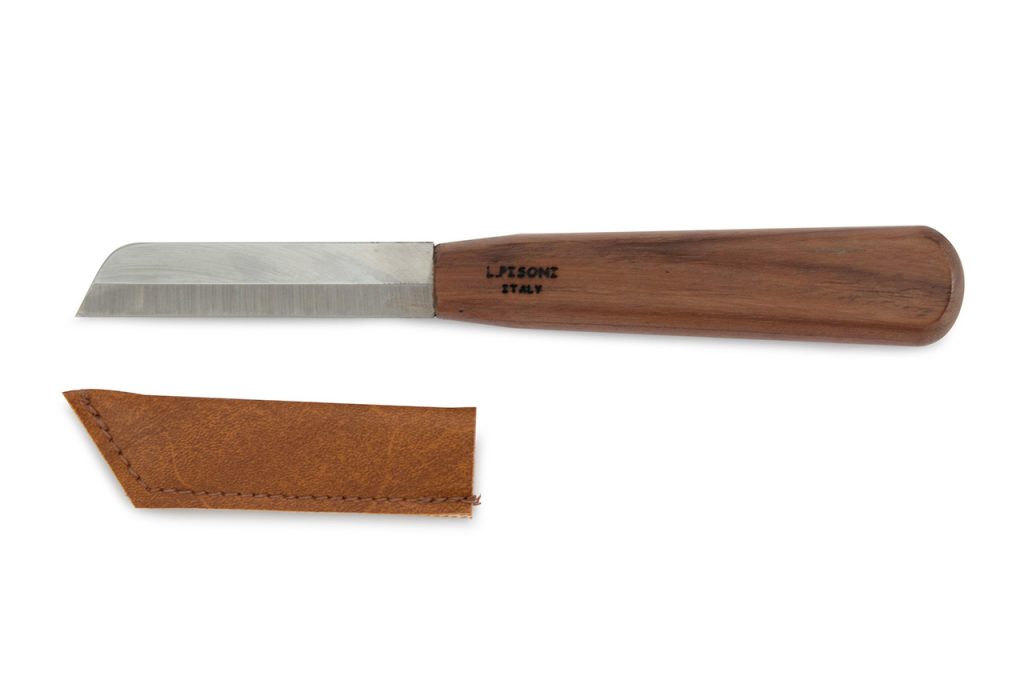
How To: Care For Your Double Reeds
8th May 2025Whether single or double reeds, proper care and maintenance are crucial. We’ve put together a quick guide on how best care for your double reeds. Following these tips can help ensure the reeds longevity and optimal performance.
Understanding Your Double Reed
A double reed consists of two pieces of cane that are bound together and vibrate to produce sound. Due to their delicate nature, oboe or bassoon reeds must be handled and maintained with care. Whether you’ve made your reed yourself or, alternatively, bought one specially prepared, this guide will help you get the most out of your reeds!

Heatwave Advice for Woodwind Players & Instruments
7th July 2022Over the next few days we could be in for temperatures exceeding 30 degrees! This kind of environmental change affects our bodies, and the same goes for your woodwind instrument. Here are some ‘hot tips’ from the Dawkes Workshop to help your woodwind instrument keep its cool in hot weather.

Is the bassoon the hardest instrument to play?
20th June 2022The bassoon has a reputation for being a difficult instrument to play. Taking a first look at the affectionately named ‘clown of the orchestra’, you could see why! With a seemingly unwieldy size and generally well over 20 keys, it appears impossible to tame. Furthermore, the price of a good quality instrument can be off-putting for those wanting to start playing the bassoon. Let’s find out if the bassoon is the hardest instrument to play by taking a look at some features.

Auxiliary Woodwind Instruments
19th February 2020This is a term you may have heard before, but what exactly does it mean? In short, an auxiliary instrument is any ‘non-standard’ version of the common members of an instrumental family. They’re often used in orchestras and other ensembles by the specialist players. Today we’re looking at the auxiliary instruments in the woodwind family, as well as a few that we sell in store!
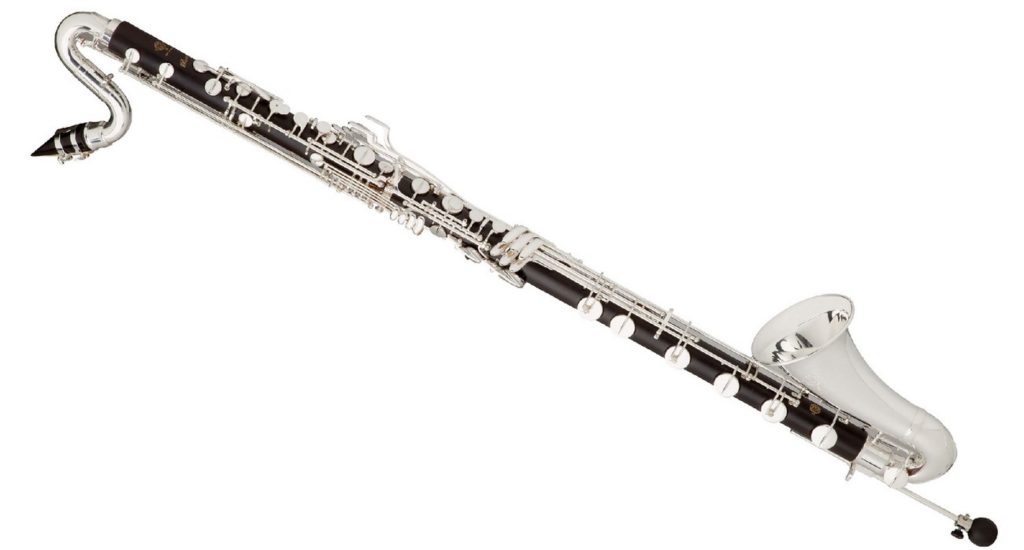
Five Bassoon Maintenance Essentials
4th December 2019The bassoon isn’t the most common instrument, and it can take a while to really get the hang of it! Making sure it’s working it’s best and is comfortable to use is the first step to helping yourself tackle this unique instrument. We’ve got a few bassoon case ‘must haves’ for care and maintenance.
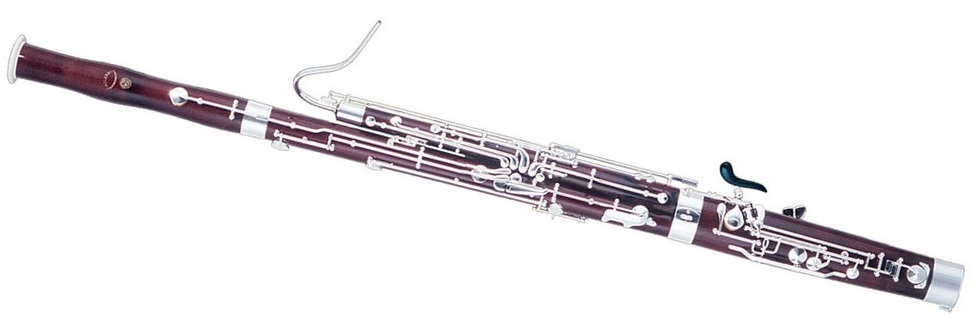
Double Reed Cases – Do’s and Don’ts!
31st October 2019Reed cases hold anywhere between three or four reeds up to twelve at a time – or even more! They should keep your oboe or bassoon reeds in good condition for as long as possible, protecting them from damage whilst being stored or travelling. A good reed case will secure your reeds in a way that doesn’t put undue pressure on them whilst ensuring they don’t rattle about.
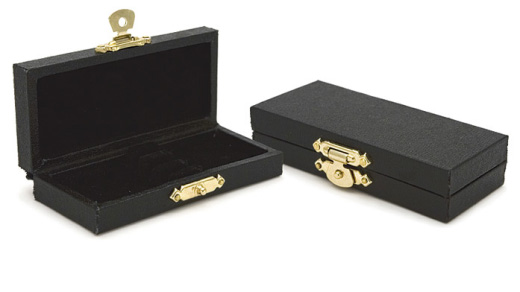
Double Reeds Starter Guide
12th October 2019You’ve been thinking about starting an instrument and have come across the double reeds – oboe and bassoon. What are these instruments, and what do you need to get started on them? We’ve put together a short guide to help point you in the right direction!
The oboe and bassoon – and related instruments, such as the cor anglais – are double reed instruments. This means the reed is comprised of two pieces of wood shaped and tied together, through which air is passed to make the reeds vibrate and make the sound. Oboes are typically made with grenadilla black wood, but to reduce costs and weight they can also be made of ABS resin. Bassoons are often made of maple wood, which is less dense than grenadilla. Both instruments have very distinctive sounds, and despite having a reputation for being more difficult to start on they are incredibly rewarding and are always in demand – so you’ll never be stuck for playing opportunities!

Oboe Cases
2nd October 2019Looking for a new case, spare case, or one for your oboe and cor anglais together? We have a range of oboe single and double cases available to suit all sorts of needs. Each one fits a range of oboe makes and models, so don’t forget to try in store before you buy to see if it’s a good fit!
Our double reed specialist Louise took a look at our cases, considering these criteria …
- Is the case lightweight?
- Does the case have good storage options?
- Is the case easy and comfortable to transport?
- Does the case hold the instrument well without worry of damage?
Howarth Junior Oboe
23rd January 2019Welcoming a new arrival to our new instrument stock at Dawkes – the Howarth Junior Oboe!
In recent years, the oboe has enjoyed increased popularity. Howarth found that younger students were willing to learn the Oboe but sometimes required something smaller. In response to significant demand from teachers, parents, and music services, they developed an instrument perfectly suited for young students.
Woodwind Instruments in the Orchestra
15th November 2018The name ‘woodwind’ for this family of instruments refers to the wood from which these instruments were once exclusively made, as well as the need to blow air – or ‘wind’ – into them to produce a sound. Woodwind instruments in the orchestra are no longer solely made of wood, with metal and plastic also now being used.
An orchestra’s wind section can consist of various combinations of such instruments as the piccolo, oboe, flute, clarinet, cor anglais (literally French for ‘English horn’), bass clarinet, E-flat clarinet, bassoon, contrabassoon and saxophone. Below, we have sought to answer some of the most common woodwind orchestra queries that our customers here at Dawkes Music have.
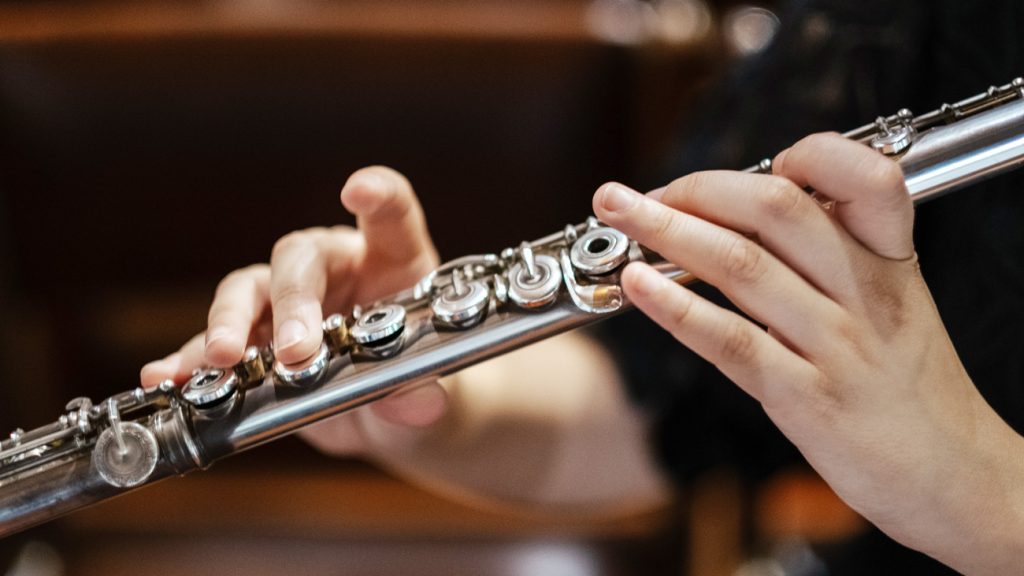
Tip Top Tipple: Oboe Reeds
23rd August 2018Calling all Oboists!
There are some new reeds on the scene. For years, we’ve seen Winfield, Jones and Emerald rule the roost of popular reeds – but is that about to change?
Let us introduce Tipple Reeds! English company Tipple hand-make oboe reeds from hand-gouged Cogolin cane, tied to 47mm brass staples – if this means anything to you oboe players (which it should!). They are now available to purchase on our website or in-store.
Légère Synthetic Oboe Reed – A snip at £129 ?!
10th June 2016Légère Oboe Reed Review – European Scrape (Medium)
Oboe Reeds are a very personal thing to an oboe player. All players go through different scrapes, brands of cane and makes, all in the search of the ‘perfect’ reed; again the ‘perfect’ reed being different for each player.
Beginner Oboes – An overview…
30th March 2016Here our Oboe specialist Louise will walk through the main beginner oboes:
Beginner oboes come with a variety of prices and differences. Whether it is the reputation of the manufacturer, the quality of the materials or what you get with regards the key-work to help your playing improve. These oboes are designed to encourage the player and would suit complete beginners all the way up to grades 4 or 5.
